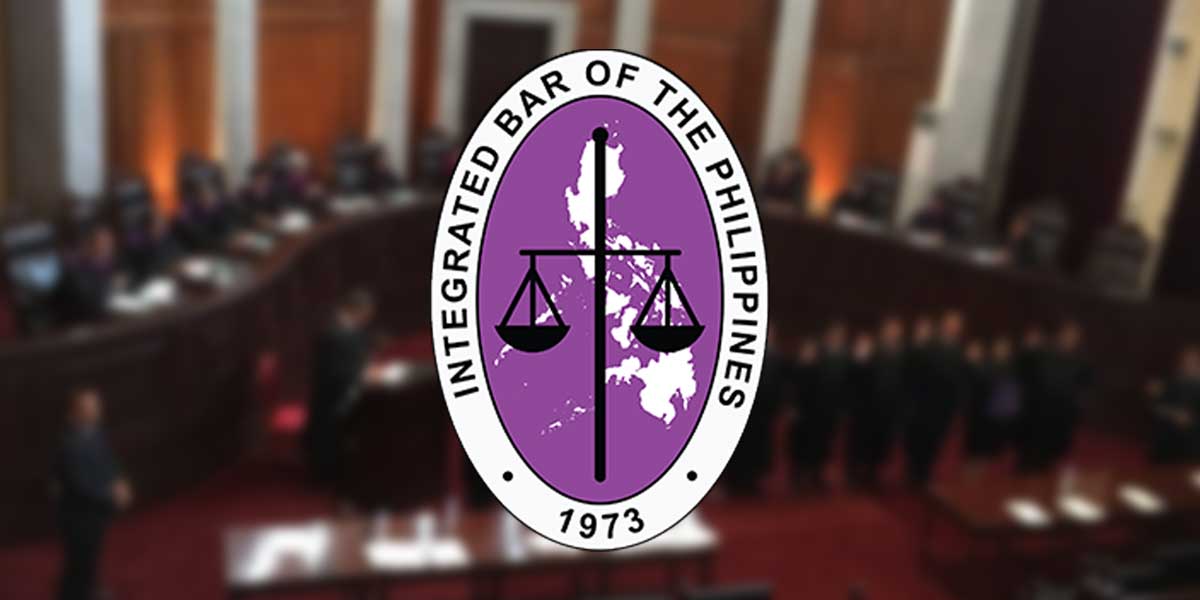By Fr. Roy Cimagala
ON the second day of Misa de Gallo, December 17, the gospel reading (cfr. Mt 1,1-17) talks about the human genealogy of Christ to show that Christ is truly a man while remaining, of course, as God.
A question may be raised—if Christ is truly a man, why did his conception in the womb of Mary not involve the participation of a man, as any human conception would involve?
I am sure this question is at the back of the mind of many people, though many of them are hesitant to voice it out. But it is a good question to give rise to a very important clarification of a certain truth about our relation with God that we need to know well and to act on.
For me, the answer can only be that, indeed, God and man share the same life and nature. Because of that sharing, we can say that while there is the natural way of human conception, involving a man and a woman, we cannot discount the possibility of a conception achieved by both God and woman.
We need to strengthen our belief and sharpen our awareness of this basic truth about ourselves in our relation with God. God and us share the same life and nature not only in our definitive state of life in heaven, even while here on earth. We are expected to act on this truth always so our life develops and leads us to our definitive state of life.
To be sure, our life is not simply natural, ruled by reason and will alone, supported by our emotions and the whole gamut of bodily senses, organs and systems. Nor is it simply conditioned by social trends, economic and political developments, or historical and cultural factors.
It is also supernatural, not only in its goal or orientation, but even now, as in, here and now as we breathe. And that’s simply because there’s something spiritual in us. We are not purely material beings.
We are meant for a supernatural life. Our human nature, with our spiritual soul that enables us to know and to love, and therefore to enter into the lives not only of others but also and most importantly, of God, urges us to develop a supernatural life.
It’s a life with God always. It just cannot be exclusively our own life, taken personally or collectively. It’s a life that depends mainly on God who gives us the grace that purifies and elevates it to his, but it also depends on us, on our freedom to correspond to this loving will of God for us.
We have to develop a taste and even an appetite for the supernatural life with God and of things supernatural in general. In this we have to help one another, because in the end, this is our common ultimate end in life—how to live our life with God, how we can be immersed in God even as we are immersed also in the things of the world.
For this to take place, we need to learn to pray, to study the doctrine of our faith, develop virtues, live in God’s presence to such an extent that we would be able to see God in everything and to relate everything to him. In other words, that we would know how to be contemplatives even if we are immersed and dirtied by the things of this world.
Email: roycimagala@gmail.com






















